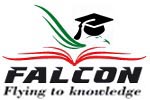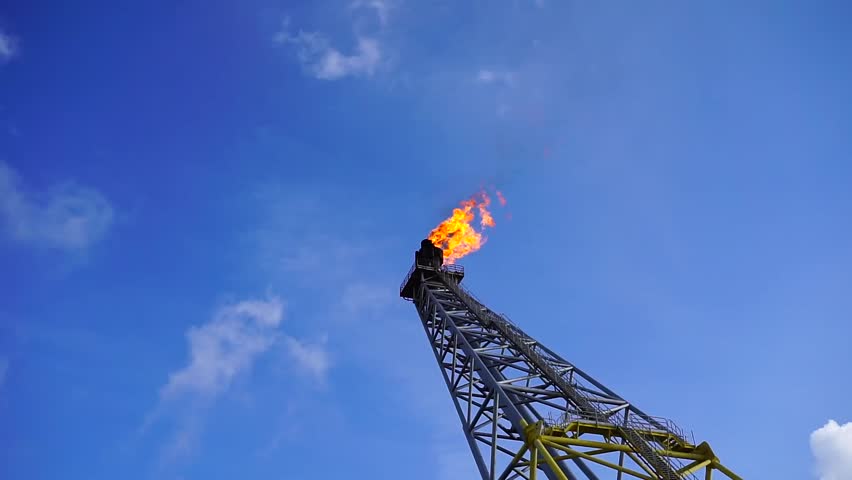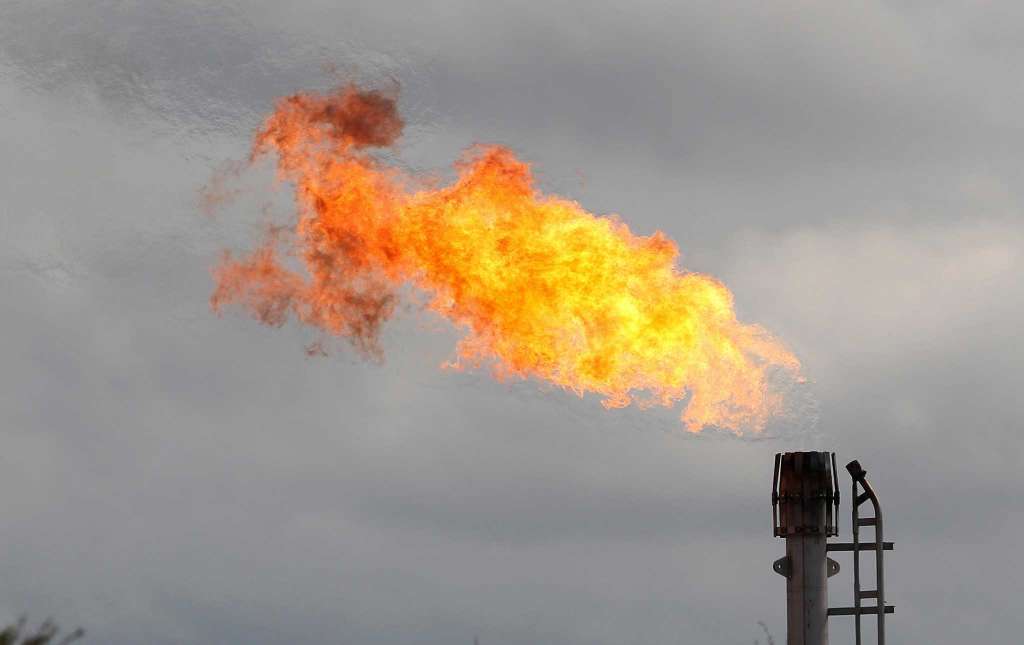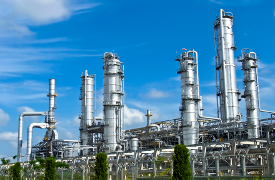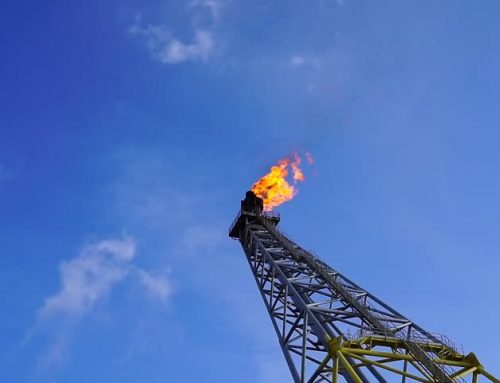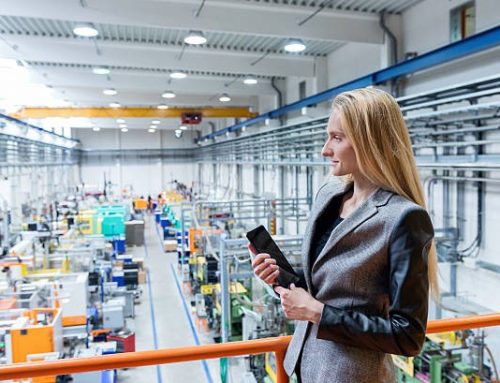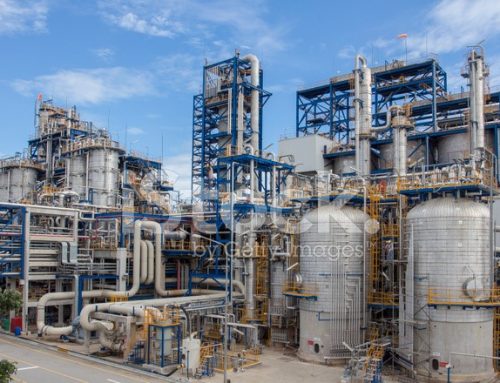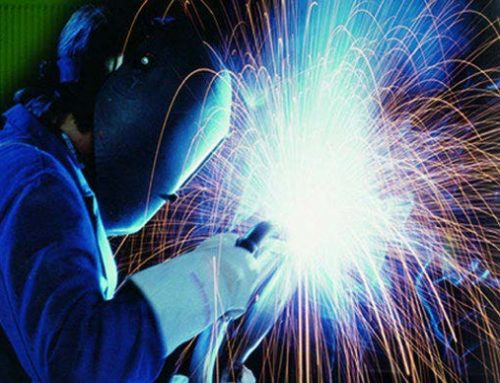Project Description
Why attend
This course presents a convenient overview of relief system details based on the full scope of API, ASME, and other code and specification requirements. It covers all aspects of relief flare systems from the emergency relief sources through the valve and flare network right to the stack and flare tip. Descriptions and design criteria will be outlined for flare tips, seals, stacks, knockout drums, header systems, relief valves, depressurization systems and basic hazard analysis. Alternative design methods will be also described with reference to the specific nature of relief and flare systems worldwide.
Course Objectives
By the end of the course, participants will be able to:
Apply an in-depth knowledge and skills in the design, operation and maintenance of flare, blowdown and pressure relief system.
Identify the types, features and application of flare systems.
Determine the applicable codes, standards and recommended practices for flare, blowdown and pressure relief systems.
Acquire knowledge on product storage and tanks and recognize the importance of product recovery.
Evaluate the scope of waste heat recovery and explain its role in flare and pressure relief systems • Recognize the operational malfunctions of pressure relief valves and identify the testing facilities for pressure relief valves.
Who should attend
This course provides systematic techniques on the design, operation and maintenance of flare, blowdown and pressure relief systems. Operations personnel, supervisors and engineers, maintenance personnel and supervisors, senior plant supervisors, operations process support engineers, design engineers, cost engineers and other professionals will gain an outstanding knowledge from the practical and operational aspects of the course.
Course Outline
- LP-Gas Specification Parameters ,
- Vapour Pressure ,
- Moisture Content ,
- Sulphur Content ,
- Volatile/Non Volatile Residue
- Flow Calculation Guide ,
- Gas Measurement & Pipe Rupture ,
- Liquid Measurement ,
- Mass Measurement ,
- Steam Measurement
- General Instrumentation Considerations , Identification ,
- Pneumatic Power Supplies ,
- Electronic Power Supplies ,
- Pressure Sensors ,
- Level Sensors ,
- Temperature Sensors ,
- Flow Sensors
- Control Concepts ,
- Control Modes and Controllers ,
- Controller Tuning ,
- Control Valves ,
- Liquid Service ,
- Sizing Calculation Procedure ,
- Installation, Troubleshooting, and Calibration
- Relief Device Design ,
- Blocked Discharge ,
- Fire Exposure ,
- Tube Rupture ,
- Control Valve Failure ,
- Thermal Expansion ,
- Utility Failures
- Safety Relief Valves ,
- Rupture Disk ,
- Sizing of Relief Devices ,
- Relief Valve Installation ,
- Relief System Piping Design ,
- Knockout Drums
- Types of Flare Systems ,
- Thermal Radiation ,
- Smokeless Operation ,
- Pilots and Ignition ,
- Seals , Location and Regulations
- ASME Codes , ANSI Codes ,
- API Publications , NFPA Publications ,
- OSHA Publications ,
- CGA (Compressed Gas Association) Publications
Storage Classification , Working Pressures , Types of Storage , Materials of Construction
- Product Losses , Vapour Recovery Systems , Separators and Filters , Fired Equipment , Hot Oil System
- Waste Heat Recovery
The workshop
This interactive training course includes the following training methodologies as presented on the next column based on percentage of the total tuition hours:
Lectures
Workshops & Work presentation
Case Studies & Practical Exercises
Videos, Sofware & General Discussion
The course instructor may modify the above training methodology before or during the course for technical reasons with no prior notice to participants.
Falcon Consulting Professionals is established in Greece for the last 15 years in the areas of technical consulting and professional training for the local industries. Falcon is expanding in GCC, aiming to provide the best consulting and training solutions to the industries of the region. Falcon’s instructors are accredited trainers and highly experienced in their fields, as well as adult training. We aspire to build our business relationships on mutual trust. The achievement of results with an emphasis on innovation and sustainability, quality, cost analysis and time scheduling are non-negotiable from the conceptual phase of the training.
